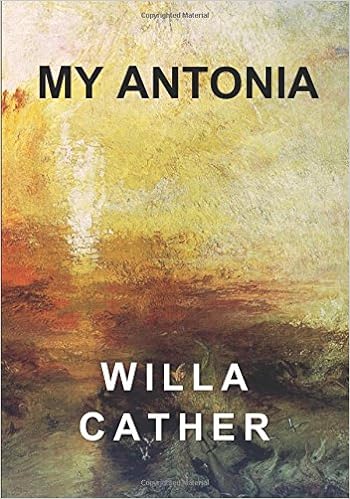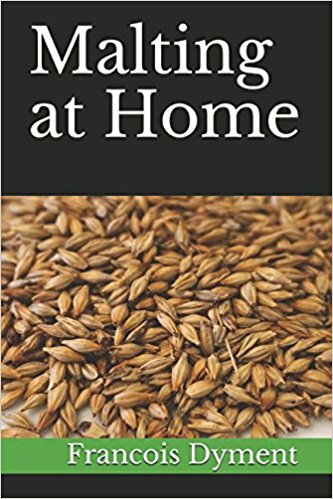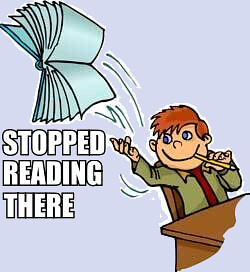
Just finished this. Mehhhh.
Started reading Christine by Stephen King.


The SyFy series is egregiously bad. Not sure I could stomach even considering the books after seeing a few episodes of that.I read The Magicians trilogy not too long ago. I was hesitant at first because I hated the SyFy series, but the books were pretty good.
“Hatchet”
Gary Paulsen
Because when I was about 10, I read it and it changed my life forever - made me who I am today. I read it about 3-4 times a year to stay in touch.
haha, bought it. How could I not?
I bought a copy for each of my children and then re-read it once and underlined a few key sentences and paragraphs. They also each got a hatchet to go with it.










“Hatchet”
Gary Paulsen
Because when I was about 10, I read it and it changed my life forever - made me who I am today. I read it about 3-4 times a year to stay in touch.
All the Pendergrast series by Preston and Child. LOTR Trilogy, Inheritance series by Chrisopher Paolini, alot of gardening and brewing books and my kindle is loaded with alot of postapocalyptic fiction.

Just finished this. Mehhhh.
Started reading Christine by Stephen King.
Oh man I love all post-apocolypse stuff. SO many good ones (I got a few here I think, Wool series, The Girl with all the Gifts, maybe more). I think The Road was the best and most disturbing too. I'm pretty sure my infatuation began with Steven King's The Stand.
If you've read the "Wool" series, have you also read "Dust"?

Just finished this. Mehhhh.
I did not read this. But I just looked at the synopsis; if you'd consider a similar book describing a relationship in a bucolic setting, (different period), I would highly recommend Thomas Hardy's Far From the Madding Crowd. It's one of the finest books I've ever read. Bathsheba's dialog in that book was just genius.
In the middle of 2 books now. Non beer reads - "Devil in the White City"
I think dust was the last book in the series. (I think). So, I read Wool, Silo, but not Dust. The latter is on my kindle, waiting patiently in line.
Sorry, was thinking of Sand. It's a standalone book also by Howey. Similar in style to the Wool series, but a different premise and story.
Same. I saw it mentioned here two days ago and read it to my two university oral English classes yesterday. It didn't hurt that we were doing a lesson on reading poetry yesterday.Had never heard of desiderata. Pretty powerful..
I did not read this. But I just looked at the synopsis; if you'd consider a similar book describing a relationship in a bucolic setting, (different period), I would highly recommend Thomas Hardy's Far From the Madding Crowd. It's one of the finest books I've ever read. Bathsheba's dialog in that book was just genius.

If you have a Kindle Unlimited account (it's like 11 bucks a month), you can get alot of postapocalytic (and other genres) and read them for free. You can have up to 10 free books in your account at one time. When you finish one, you turn it back in and get another. Really nice when you're reading a series.Oh man I love all post-apocolypse stuff. SO many good ones (I got a few here I think, Wool series, The Girl with all the Gifts, maybe more). I think The Road was the best and most disturbing too. I'm pretty sure my infatuation began with Steven King's The Stand.
